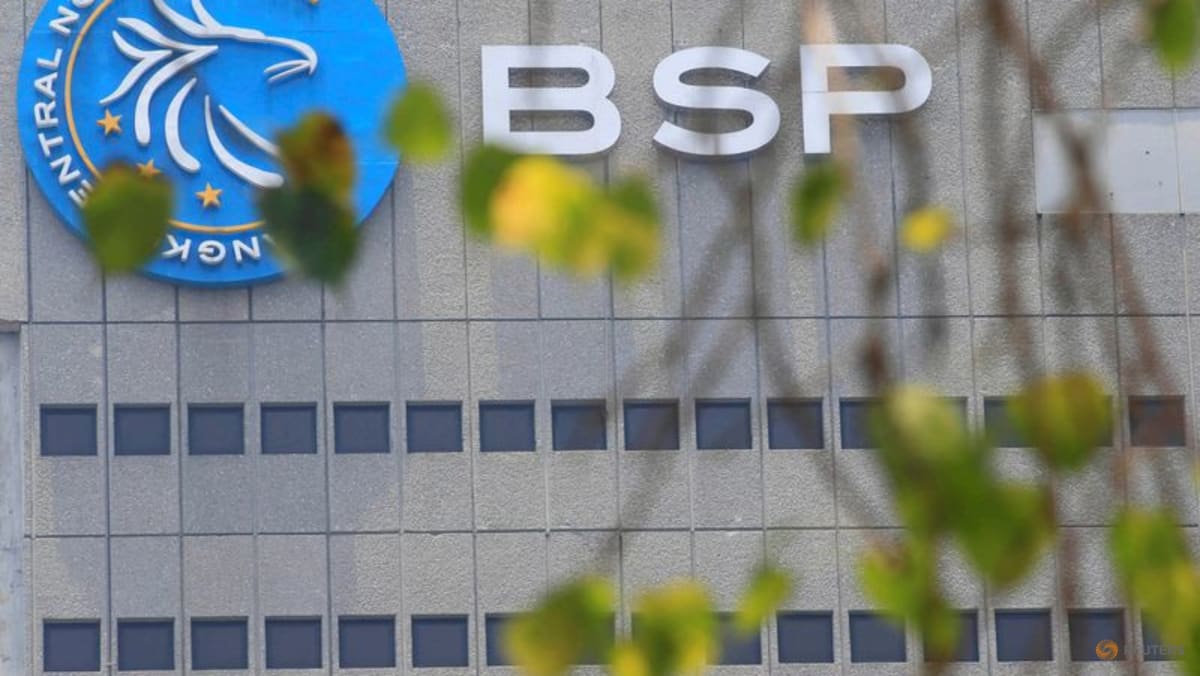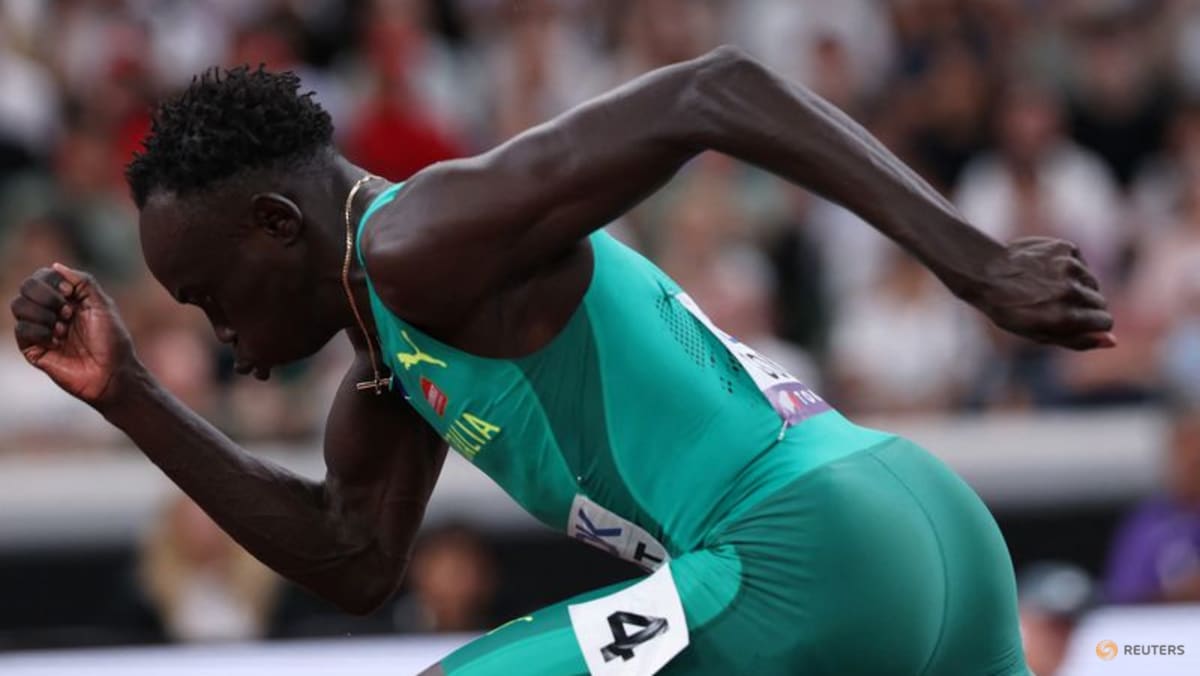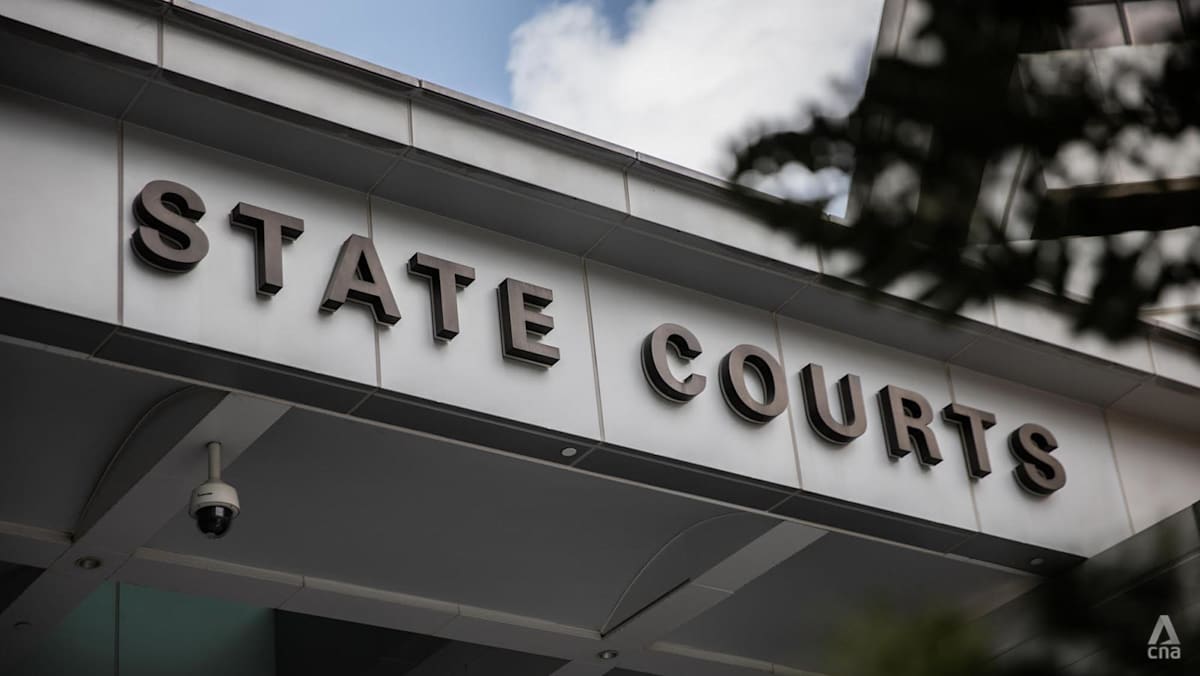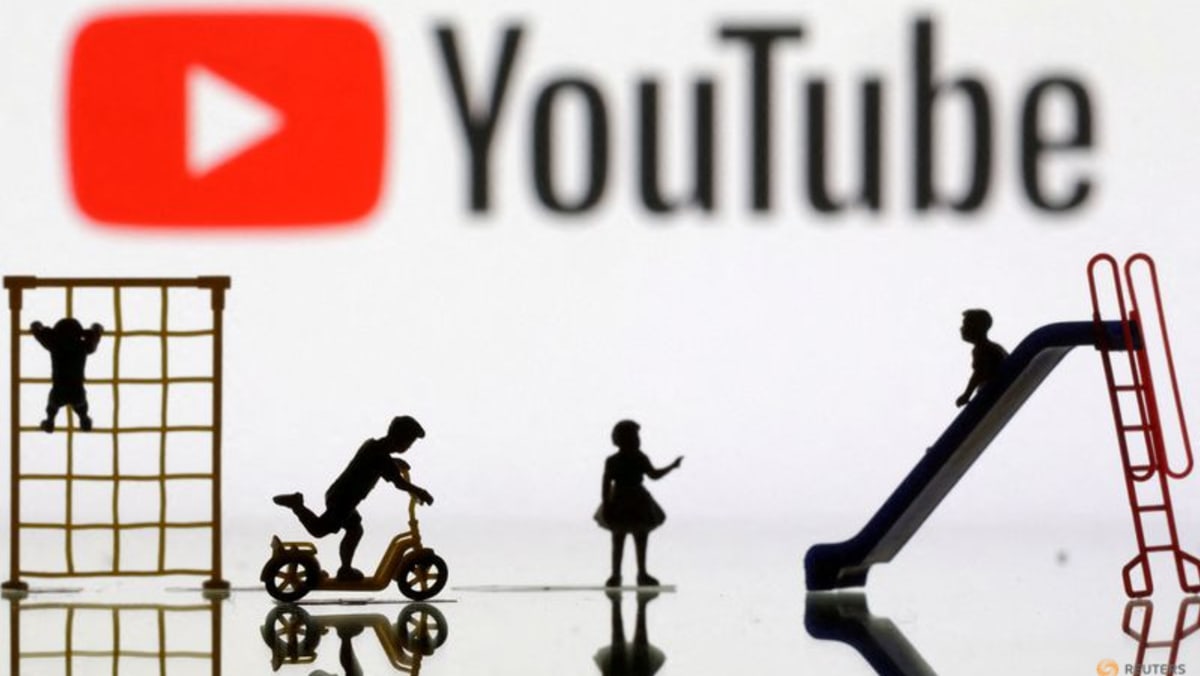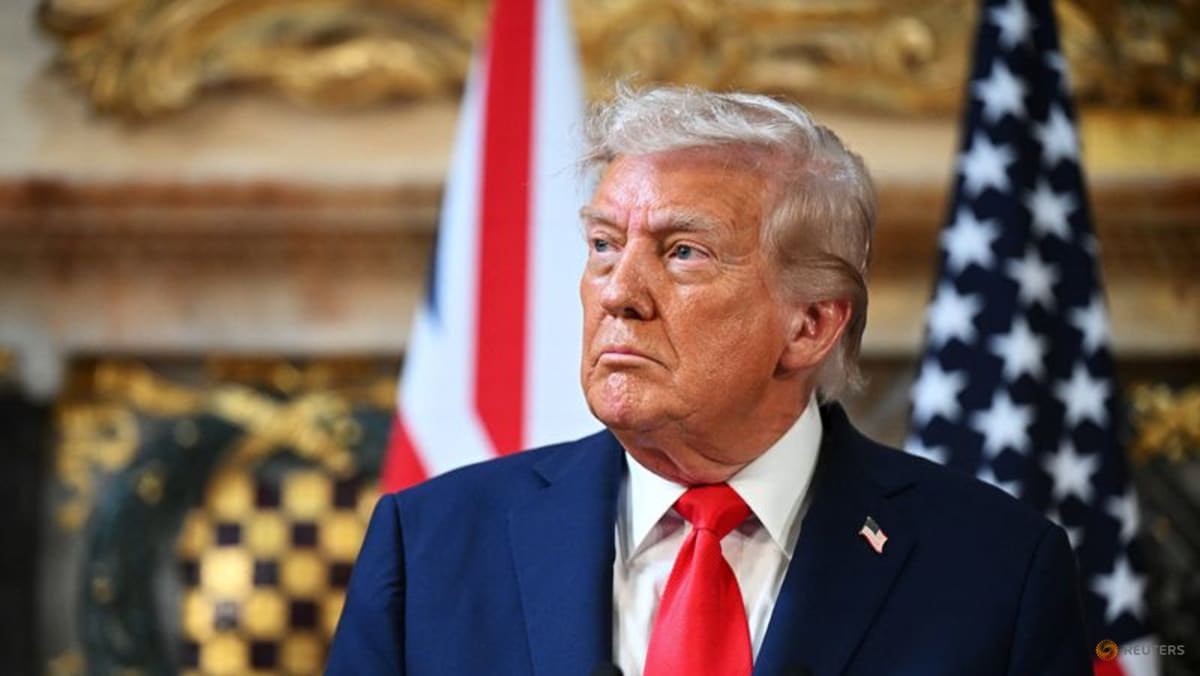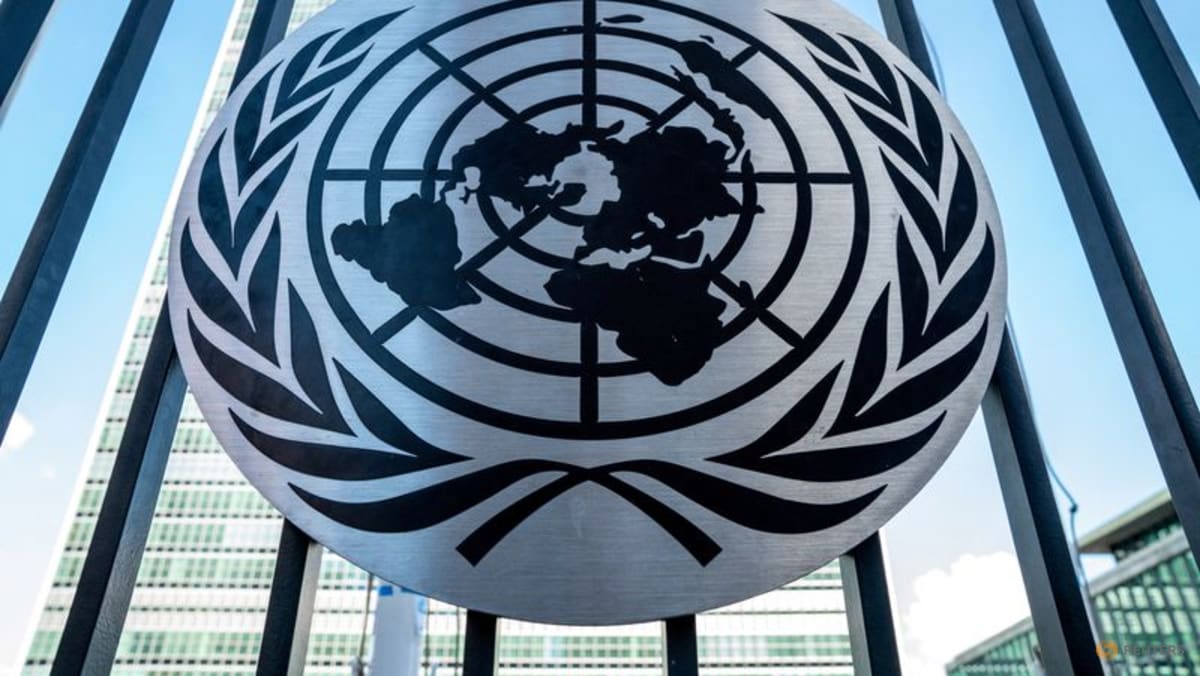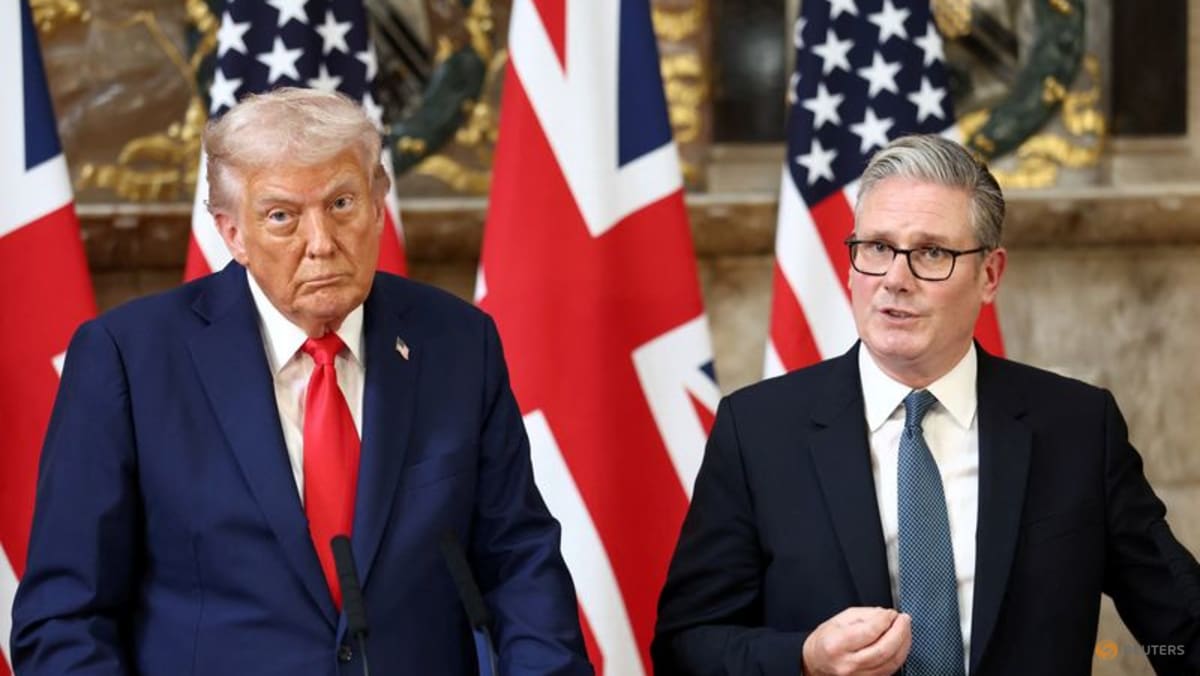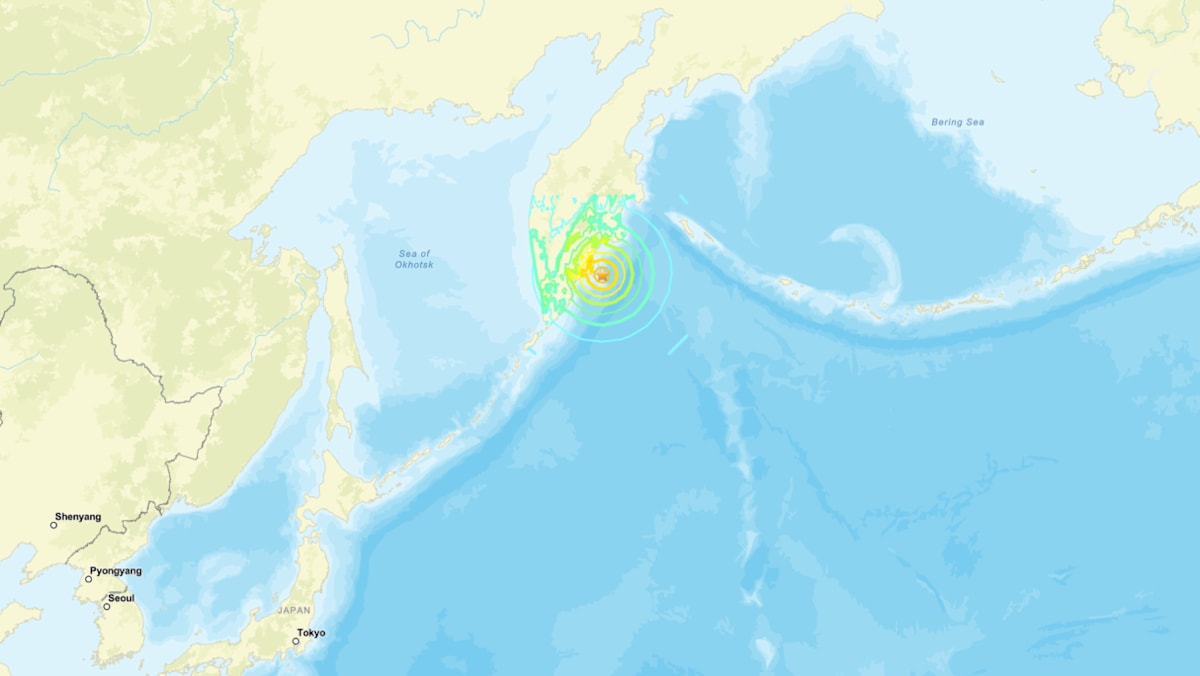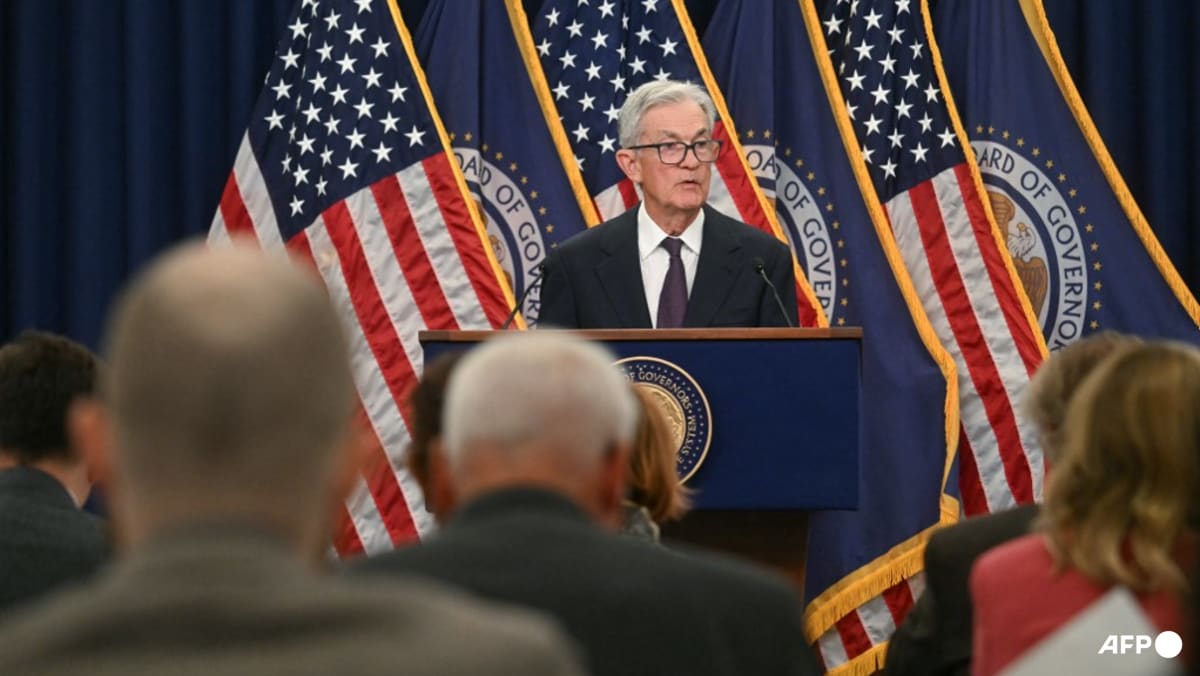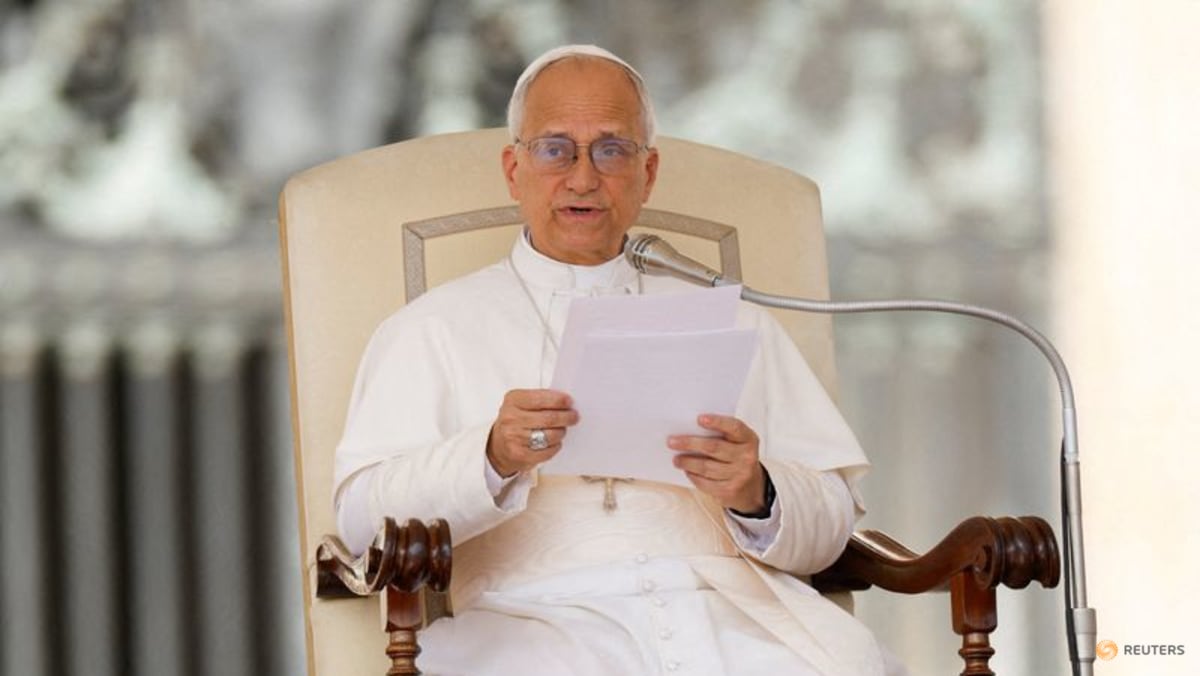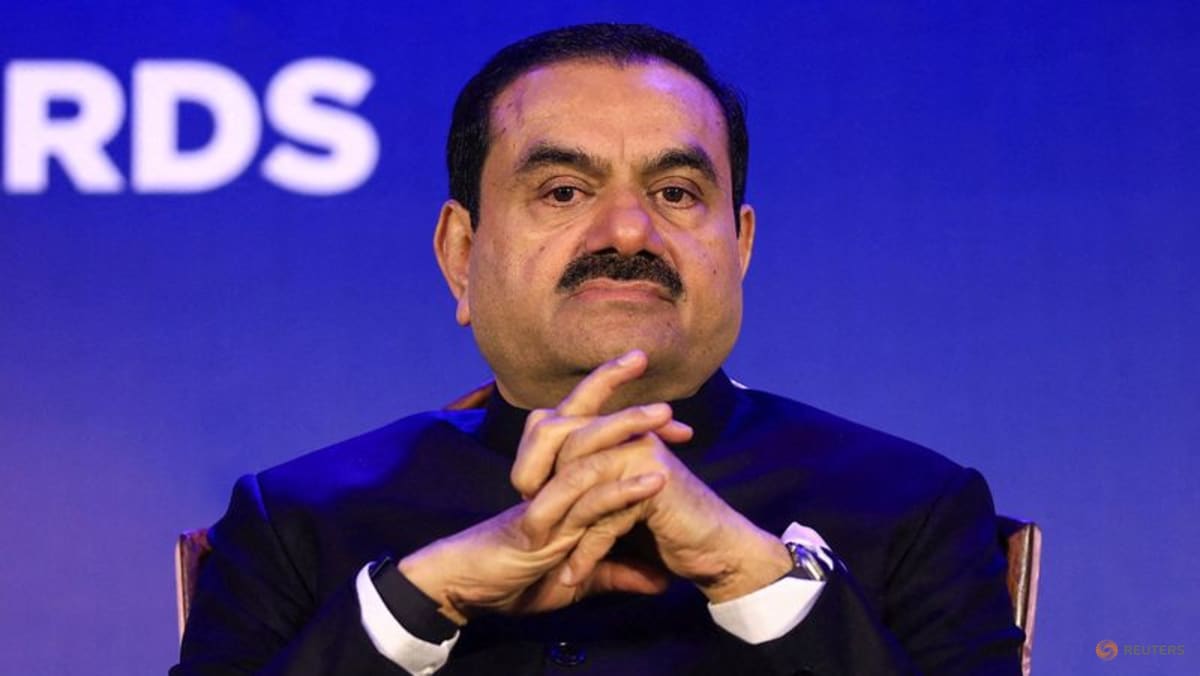Since the government said last year it would exempt YouTube due to its popularity with teachers, platforms covered by the ban, such as Meta’s Facebook and Instagram, Snapchat and TikTok, have complained.
They say YouTube has key similarities to their products, including letting users interact and recommending content through an algorithm based on activity.
Artificial intelligence has supercharged the spread of misinformation on social media platforms such as YouTube, said Adam Marre, chief information security officer at cybersecurity firm Arctic Wolf.
“The Australian government’s move to regulate YouTube is an important step in pushing back against the unchecked power of big tech and protecting kids,” he added in an email.
The reversal sets up a fresh dispute with Alphabet, which threatened to withdraw some Google services from Australia in 2021 to avoid a law forcing it to pay news outlets for content appearing in searches.
Last week, YouTube told Reuters it had urged the government “to uphold the integrity of the legislative process”. Australian media said YouTube threatened a court challenge, but YouTube did not confirm that.
The law passed in November only requires “reasonable steps” by social media platforms to keep out Australians younger than 16, or face a fine of up to A$49.5 million.
The government, which is due to receive a report this month on tests of age-checking products, has said those results will influence enforcement of the ban.
